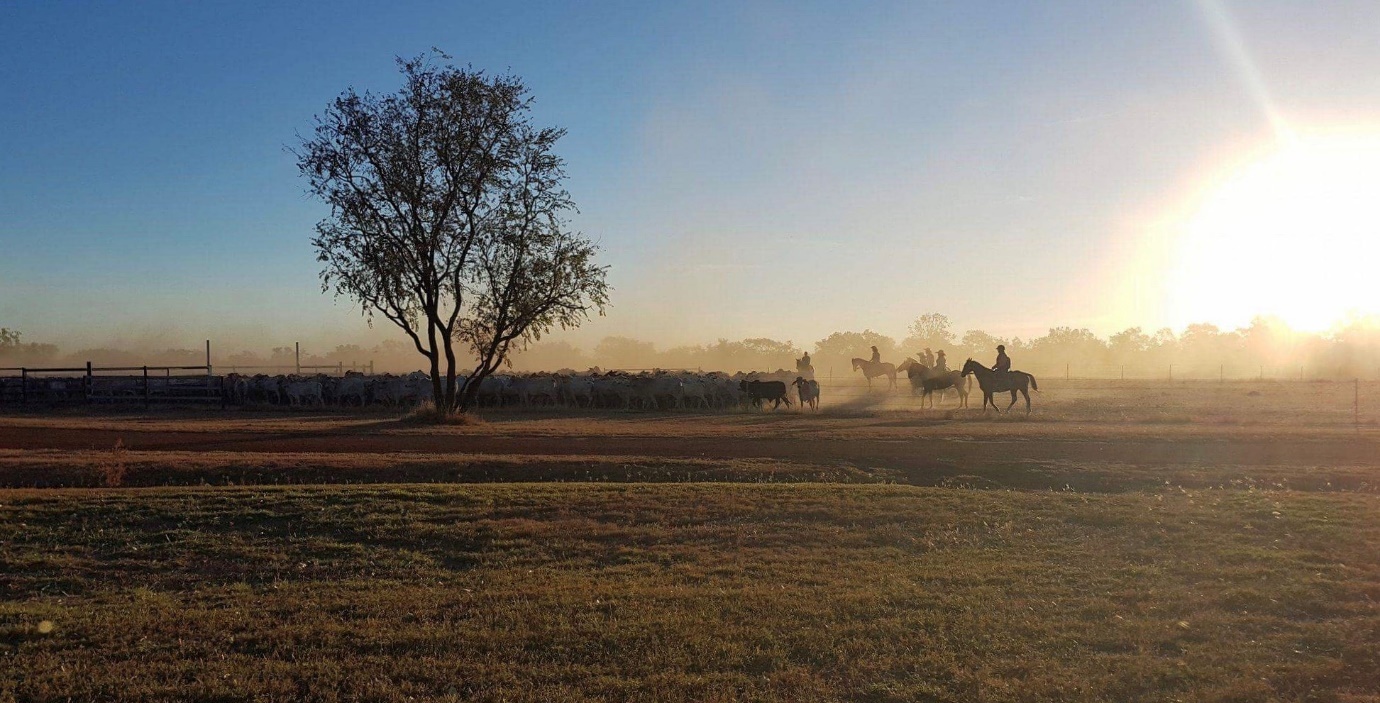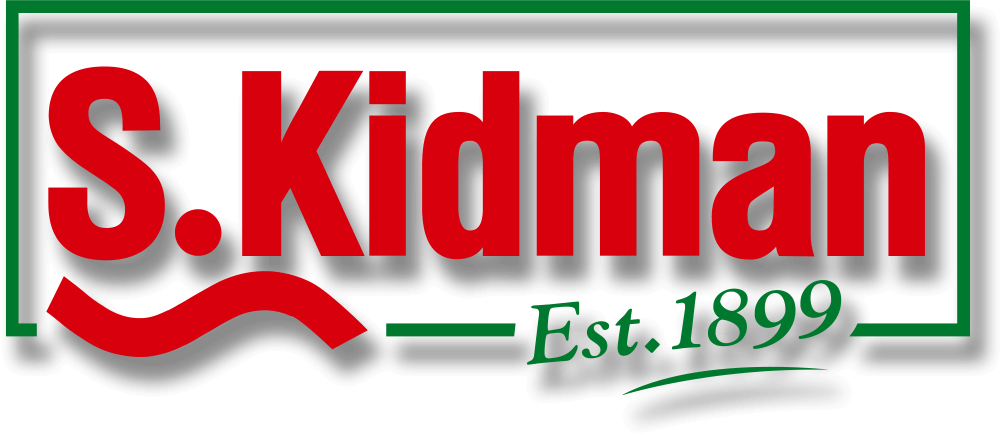Article by Jenne Brammer courtesy of the West Australian

WA mining magnate and Australia’s richest person, Gina Rinehart, has confirmed plans to sell down her rural landholding portfolio.
Media reports this morning said one of the properties likely to be offloaded or sold down included the Ruby Plains cattle station in the Kimberley.
Others in the Northern Territory are also rumoured to be on the block.
The Australian reported that sources had said the scale of Ms Rinehart’s expansive holdings had made them difficult to manage.
Confirming plans to sell off some holdings — but stopping short of revealing which stations would go — Hancock Agriculture said it had experienced significant growth in recent years.
“Property acquisitions have been followed by significant investment focused on improving cattle herd quality, employee safety and animal welfare, using technology and innovation as a key platform for improvement across the portfolio,” it said in a statement.
“Given … the significant improvements and value creation that has been achieved from these investments, the company will now look to divest several properties to focus on more agricultural and cattle opportunities.”
Ms Rinehart’s WA empire also includes Fossil Downs, Nerrima and Liveringa in the Fitzroy Valley.
The billionaire has developed a proposal for annual access to 325 gigalitres of surface water a year from the Fitzroy River. Under her proposal, water would be used to grow 21,200ha of high protein fodder crops.
Ms Rinehart, who has increased her personal fortune to more than $22 billion this year thanks to a resurgent iron ore price, has been a big investor in cattle stations and rural properties across Australia over the years.
In 2016, she and Chinese joint venture partner Shanghai CRED purchased S Kidman and Co’s cattle grazing landholding in a deal worth $386.5 million.
Hancock Agriculture had previously voiced aspirations to export up to 300,000 head of cattle a year to China. However, in line with broader challenges experienced by the industry, that has not been possible.
Hancock used today’s statement to reiterate Ms Rinehart’s beef with red tape.
She urged Australians to remind governments of the importance of the industry and the many businesses it supports “ … and to make better known the government tape that is hampering our productivity, investment and future”.
“Government tape has increased 80-fold since the 1970s when the first environmental legislation was passed, and tellingly in that period production has only doubled,” the statement said.
“Initially 57 pages, now there is something like 4000 pages of legislation, regulation, green tape and red tape that impacts on what farmers do and our capacity to grow food for the rest of the world.
“To be able to reach the governments agenda for 2030 of growing the industry to $100 billion we must be more proactive and let government better understand the changes to government tape and taxes, that need to firstly occur.”

